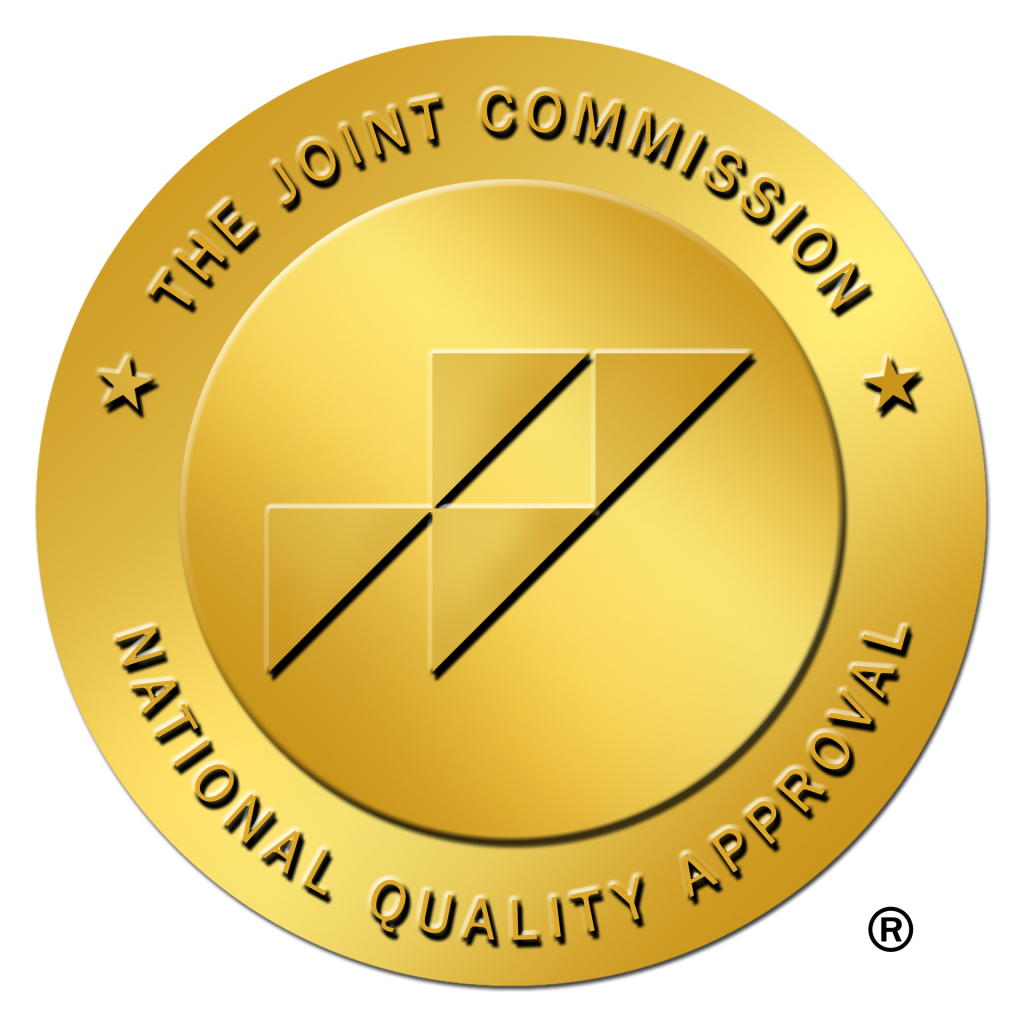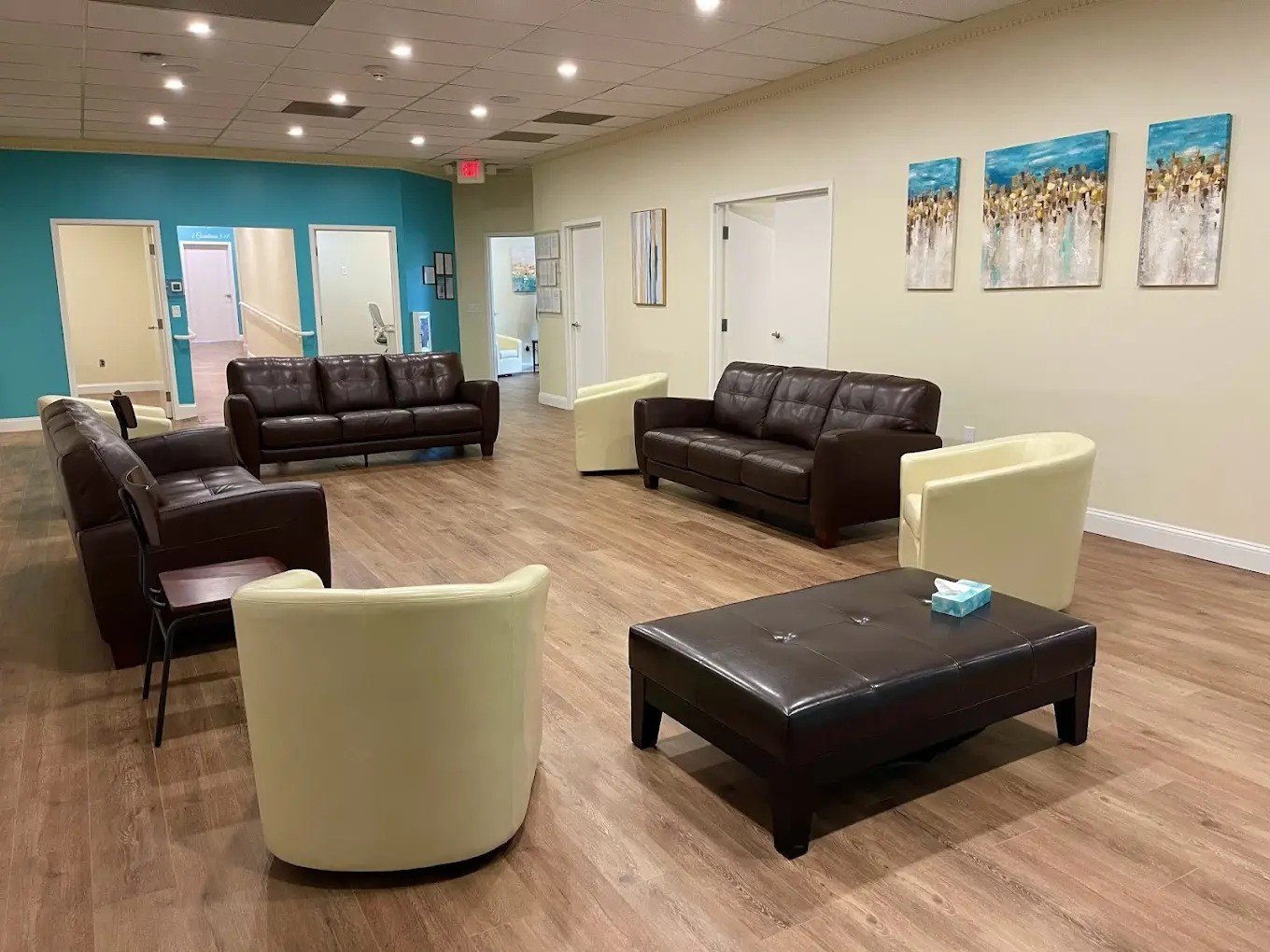Outpatient Detox Alternatives Nj
Holistic Approaches to Outpatient Detox in NJ
Outpatient detoxification programs offer a variety of approaches to aid recovery, emphasizing the necessity of treating the whole person. New Chapter Recovery is committed to delivering personalized outpatient detox alternatives in NJ because it recognizes the multifaceted nature of addiction. Through its comprehensive care strategy, clients can engage in therapies that address mental, emotional, and physical health collectively. This holistic methodology often includes techniques like yoga, mindfulness practices, and nutrition counseling to foster complete wellness.
Personalized Treatment Plans
New Chapter Recovery’s facility in Parsippany-Troy Hills prioritizes customized treatment plans, recognizing that no two people experience addiction in the same way. Each plan is crafted by a multidisciplinary team that evaluates the individual’s history, current needs, and recovery goals. The center’s approach involves evidence-based therapies, ensuring that each patient receives the most effective care tailored precisely to their situation. This personalized framework supports clients through every phase of recovery, making outpatient detox alternatives in NJ adaptable and highly focused.
By integrating elements like animal-assisted therapy and faith-based programs, New Chapter Recovery addresses diverse client needs and preferences. Such specialty tracks provide additional layers of support, making detoxification not just a medical necessity but a transformative and empowering journey. Individualized counseling and group therapy sessions further reinforce this personalized approach, facilitating a supportive community atmosphere where clients can share and connect.
Blending Evidence-Based Therapies
Evidence-based therapies are the cornerstone of New Chapter Recovery’s treatment offerings. By using modalities like Cognitive Behavioral Therapy (CBT), Dialectical Behavior Therapy (DBT), and Acceptance and Commitment Therapy (ACT), the center effectively addresses the cognitive and emotional challenges associated with addiction. These therapies are carefully selected to ensure a strong foundation for outpatient detox alternatives in NJ, with each session designed to promote long-lasting change.
Motivational interviewing is also implemented to encourage self-reflection and personal growth, helping clients articulate their own reasons for change. This technique empowers individuals to take charge of their recovery journey, boosting confidence and commitment to their sobriety goals. The integration of these therapeutic approaches ensures a robust and practical detox experience that fosters resilience and personal empowerment.
Fast Access to Treatment
Timely access to treatment can be a decisive factor in successful addiction recovery. At New Chapter Recovery, quick and confidential admissions processes allow individuals to enter treatment without unnecessary delays. The admission team is adept at conducting insurance verifications in minutes, expediting access to outpatient detox alternatives in NJ. With same-day admissions available, clients can begin their recovery journey as soon as they’re ready, minimizing the window for second-guessing or regression.
This prompt action extends to the coordination of aftercare planning, ensuring that each client leaves with a robust plan to support lasting recovery. By prioritizing accessibility and immediate support, New Chapter Recovery ensures a seamless transition from the anxiety of seeking help to the structured safety of a treatment environment.
Integrated Dual Diagnosis Model
Addiction often coexists with mental health disorders, necessitating an integrated approach for effective treatment. New Chapter Recovery adopts a dual diagnosis model to address both substance use and mental health issues simultaneously. This model offers comprehensive outpatient detox alternatives in NJ by integrating mental health and addiction treatment, which provides a more nuanced and effective approach to recovery.
Through trauma-informed clinical practices, the center acknowledges the role of past experiences in current addiction behaviors. Clients benefit from therapies specifically designed to unravel the complex relationship between trauma and substance use, setting the foundation for holistic healing and sustained recovery. This approach ensures that all underlying issues are brought to light and addressed strategically.
The dual diagnosis model also facilitates communication between mental health and addiction treatment professionals, leading to cohesive and well-rounded care. Such a coordinated strategy increases the likelihood of sustained sobriety by tackling all aspects of the client’s well-being, further enhancing the effectiveness of outpatient detox alternatives in NJ.
Relapse Prevention and Aftercare
Relapse prevention is a pivotal component of sustaining recovery, and New Chapter Recovery excels in preparing clients for life beyond treatment. Outpatient detox alternatives in NJ are bolstered by strategies aimed at recognizing and managing triggers, implementing coping mechanisms, and maintaining motivation for long-term success.
The center emphasizes the importance of aftercare, offering services that facilitate a smooth transition back into everyday life. Continuing support groups, alumni programs, and ongoing counseling sessions provide a safety net for individuals navigating the challenges of post-treatment sobriety. By reinforcing these strategies, New Chapter Recovery promotes enduring recovery and helps clients build a future that’s both hopeful and secure.
New Chapter Recovery also utilizes experiential therapy to engage clients in settings outside traditional therapy rooms, exploring new ways to process emotions and experiences. Clients may participate in activities that challenge them to apply their coping skills in real-life scenarios, strengthening the resilience needed for lasting recovery.
Flexible Program Scheduling
Understanding the diverse needs of its clients, New Chapter Recovery offers various scheduling options for outpatient detox alternatives in NJ. This flexibility ensures that recovery can coexist with personal and professional responsibilities, accommodating clients who may be balancing work, school, or family commitments.
Partial Hospitalization Programs (PHP) and Intensive Outpatient Programs (IOP) provide structured yet adaptable schedules, giving clients the freedom to return home in the evenings. Such arrangements are particularly beneficial for working professionals or those needing to maintain family engagements while undergoing treatment. This approach affirms the center’s commitment to providing accessible and manageable recovery options that seamlessly integrate into everyday life.
Community and Family Support
Family involvement is a fundamental aspect of recovery that New Chapter Recovery strongly encourages. Recognizing that healing is often a communal effort, the center provides family support and educational resources to foster understanding and collaboration. By involving loved ones in the recovery process, clients benefit from a strengthened support network and a collaborative approach to maintaining sobriety.
Moreover, community partnerships enhance the support network available to individuals in treatment. These collaborations create a web of resources that clients and their families can access, reinforcing the support structures necessary for sustained recovery. This integration of community and family ties into the recovery process underscores the center’s holistic commitment to healing and growth.
What are the benefits of outpatient detox in NJ?
Outpatient detox offers a flexible and accessible way for individuals to begin their recovery without the need for extended stays at a treatment facility. In New Jersey, outpatient programs such as those offered by New Chapter Recovery, provide a structured environment where individuals can receive evidence-based therapies while still attending to personal and professional responsibilities. One of the greatest advantages is that participants can apply coping mechanisms in real-world scenarios daily, which can lead to more sustainable recovery outcomes. Additionally, outpatient detox programs often include a holistic approach, integrating physical, emotional, and mental health interventions, which can significantly improve overall well-being. This approach is tailored to each individual’s unique needs, ensuring that treatment is both effective and supportive.
How does holistic care aid recovery in outpatient settings?
Holistic care aims to treat the whole person, not just the symptoms of addiction. In outpatient settings, this can include practices such as yoga, mindfulness, and nutrition counseling. These practices are not only calming and restorative but also help clients build a stronger connection between their mind and body. Imagine someone who attends yoga classes as part of their recovery; they may find that the breathing techniques they learn can help manage stress, reducing relapse risk. By addressing various facets of a person’s life, holistic care fosters a sense of balance and peace, which can be instrumental in maintaining sobriety.
What makes personalized treatment plans effective in NJ?
Personalized treatment plans are effective because they cater specifically to the individual’s history, current needs, and recovery goals. In New Jersey, centers like New Chapter Recovery use a multidisciplinary team to craft these plans, which integrates methods like animal-assisted therapy into the treatment process. This individualized approach acknowledges that everyone’s journey with addiction is different, allowing therapy and interventions to be tailored specifically to the client. By doing so, the treatment becomes more engaging and impactful, increasing the likelihood of long-term recovery.
For instance, a client who connects deeply with animals might find that animal-assisted therapy provides comfort and a sense of responsibility, which can be rewarding and motivating as they work toward sobriety.
Why is fast access to treatment crucial for addiction recovery?
Fast access to treatment can dramatically increase the chances of successful recovery. In the throes of addiction, moments of clarity or willingness to seek help can often be fleeting. At New Chapter Recovery, fast admissions processes ensure that individuals can begin treatment immediately, reducing the risk of changing their minds or returning to substance use. This immediacy helps maintain the momentum toward recovery, offering a structured and supportive environment right when it’s most needed. Such swift action can make the difference between ongoing addiction and the first steps toward healing.
Moreover, the rapid coordination of aftercare plans ensures that clients have continued support beyond their initial treatment, reinforcing their commitment to sobriety.
How does the integrated dual diagnosis model benefit clients?
The integrated dual diagnosis model addresses both addiction and co-occurring mental health disorders simultaneously, which is crucial because these conditions often influence each other. At New Chapter Recovery, this approach provides comprehensive care that includes trauma-informed practices, acknowledging that past experiences often play a role in current addiction behaviors. By addressing all aspects of a client’s mental health and substance use, the model ensures a more rounded treatment experience, leading to better outcomes. For instance, treating anxiety or depression alongside addiction can reduce the chances of relapse, as individuals develop healthier coping strategies and gain a deeper understanding of their conditions.
This model also promotes better communication between treatment professionals, ensuring a cohesive and effective treatment strategy tailored to each client’s needs.
What strategies are used for relapse prevention and aftercare?
Relapse prevention strategies focus on recognizing and managing triggers, developing coping mechanisms, and maintaining motivation for sobriety. New Chapter Recovery provides clients with tools to handle potential pitfalls, such as stress or peer pressure, that might lead to a relapse. Aftercare services, such as support groups and ongoing counseling, offer consistent reinforcement and community support as individuals transition back to everyday life. These ongoing connections help clients feel supported and less isolated, which is critical for long-term recovery.
For instance, a client might continue attending weekly group therapy sessions, where they can share their experiences and gain insights from others on similar journeys. This network of support proves invaluable in sustaining recovery efforts over time.
How do flexible program schedules accommodate clients in NJ?
Flexible scheduling is key to ensuring that individuals can participate in treatment without sacrificing their personal or professional responsibilities. In New Jersey, programs like those at New Chapter Recovery offer options such as Partial Hospitalization Programs (PHP) and Intensive Outpatient Programs (IOP), which allow clients to return home in the evenings. This flexibility is especially beneficial for professionals or students who cannot commit to inpatient treatment. It allows them to receive the necessary support while still engaging with their daily obligations.
For example, a working parent might attend therapy sessions during the day and be home in the evening for family time, making treatment both accessible and practical.
Why is community and family support essential in recovery?
Community and family support provide a vital network for individuals in recovery. At New Chapter Recovery, involving family in the treatment process helps to educate and align expectations, creating a more supportive and understanding home environment. This support network offers encouragement and accountability, which are essential for maintaining sobriety. Imagine a scenario where an individual regularly participates in family therapy sessions; this arrangement can improve communication and strengthen relationships, providing emotional support that is crucial for recovery.
Additionally, community partnerships extend the resources available to clients, ensuring they have access to a broader support system beyond the treatment center. This comprehensive network plays a critical role in helping clients build a stable and fulfilling life post-treatment.
Resources
- Substance Abuse and Mental Health Services Administration – SAMHSA is a government organization dedicated to reducing the impact of substance abuse and mental illness on America’s communities.
- American Psychiatric Association – The APA is a leading organization of psychiatric professionals working to ensure humane care and effective treatment for all individuals with mental illness, including substance use disorders.
- National Institute on Drug Abuse – NIDA is a government resource that aims to advance science on the causes and consequences of drug use and addiction and to apply that knowledge to improve individual and public health.
- National Alliance on Mental Illness – NAMI is a grassroots mental health organization dedicated to building better lives for the millions of Americans affected by mental illness.
- Centers for Disease Control and Prevention – The CDC is a leading national public health institute in the United States that works to protect public health and safety through the control and prevention of disease, injury, and disability.






